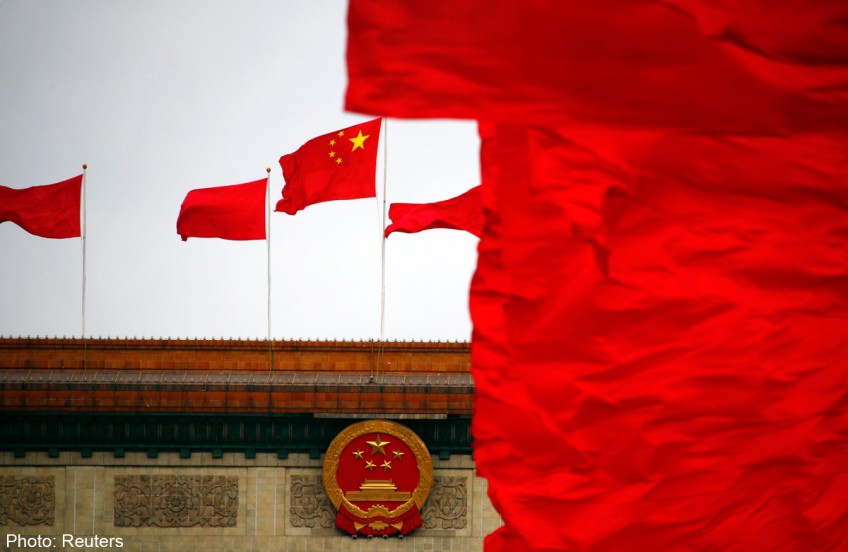US lawmaker urges China to expand religious freedoms

BEIJING - China should act to ensure religious freedoms, a top US opposition lawmaker said at the close of an Asia trip held as President Barack Obama also visits the region.
House Majority Leader Eric Cantor, the number-two Republican in the lower chamber of the US Congress, was speaking in China as a bipartisan congressional delegation he was leading concluded.
"Religion is something that's constitutionally protected for us, and we want to be able to promote that as a human right across the world," Cantor told AFP from Shanghai late Saturday at the end of a trip to China, South Korea and Japan.
"I think it's a legitimate issue, and I look forward to hopefully being able to meet with the Chinese when I'm back in Washington to make the case for religious freedom (in China)," he added.
Foreign governments and campaign groups regularly accuse Beijing of tightly controlling religious freedoms. China maintains it has "protected the legal rights and interests" of worshippers.
In Shanghai, Cantor, who is the highest-ranking Jewish Republican in the US Congress, met with a local rabbi and visited Ohel Rachel, a historic synagogue that is currently only open to the Jewish community on high holy days.
Cantor said he plans to urge Chinese officials in Washington upon his return to allow regular access to the synagogue for Shanghai's Jewish community, which is comprised mainly of expatriates.
The nine-member delegation, which also included former Republican vice-presidential nominee Paul Ryan, focused on trade, regional security and North Korean denuclearisation.
These issues had already come under the spotlight during Obama's Asia tour. The president was in Malaysia Sunday on the third-leg of his trip which started in Japan and South Korea and will end in the Philippines on Tuesday.
The congressional delegation also met with a group of Chinese scholars, one of whom argued that "there's less freedom of the press" in the US than in China, a claim which Cantor said left him "flabbergasted".
"That's just plain wrong. I just don't believe that," he said, adding: "I'm certainly for freedom of the press... I believe it's worth it for us to be here on the ground in China to continue to make that point." Tensions between the US and China over Beijing's treatment of foreign journalists have heightened in recent years amid claims of retaliation against the New York Times and Bloomberg over reports deemed unfavourable by the ruling Communist Party.